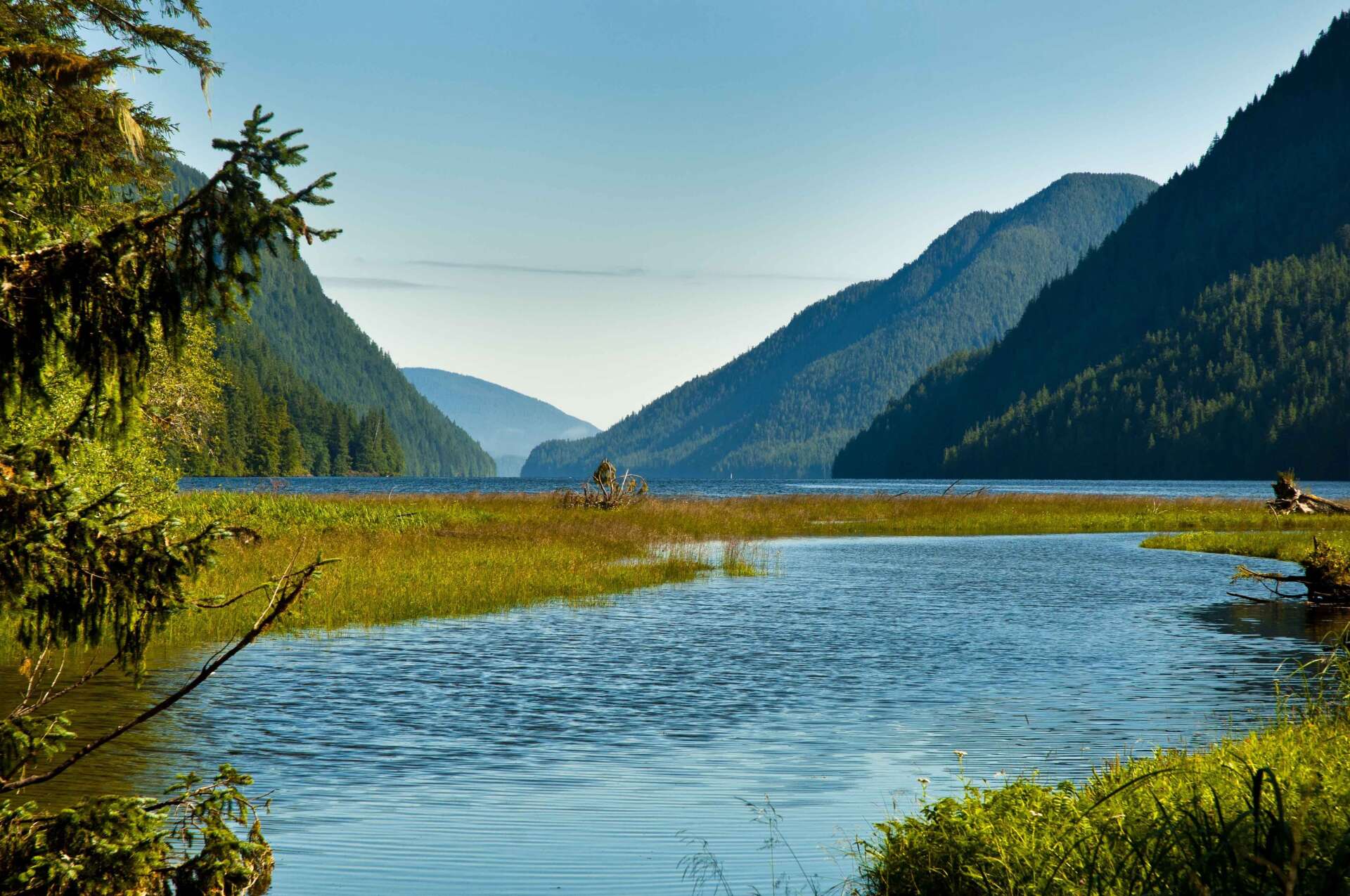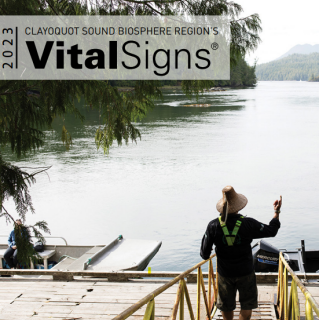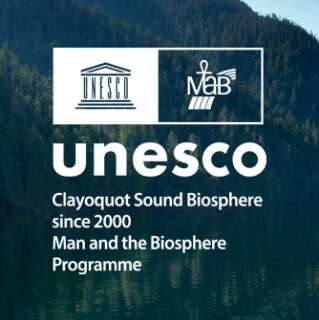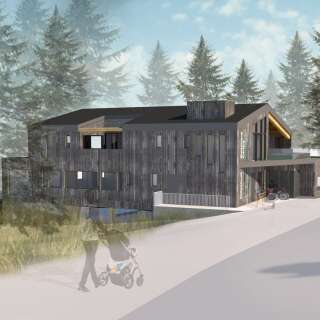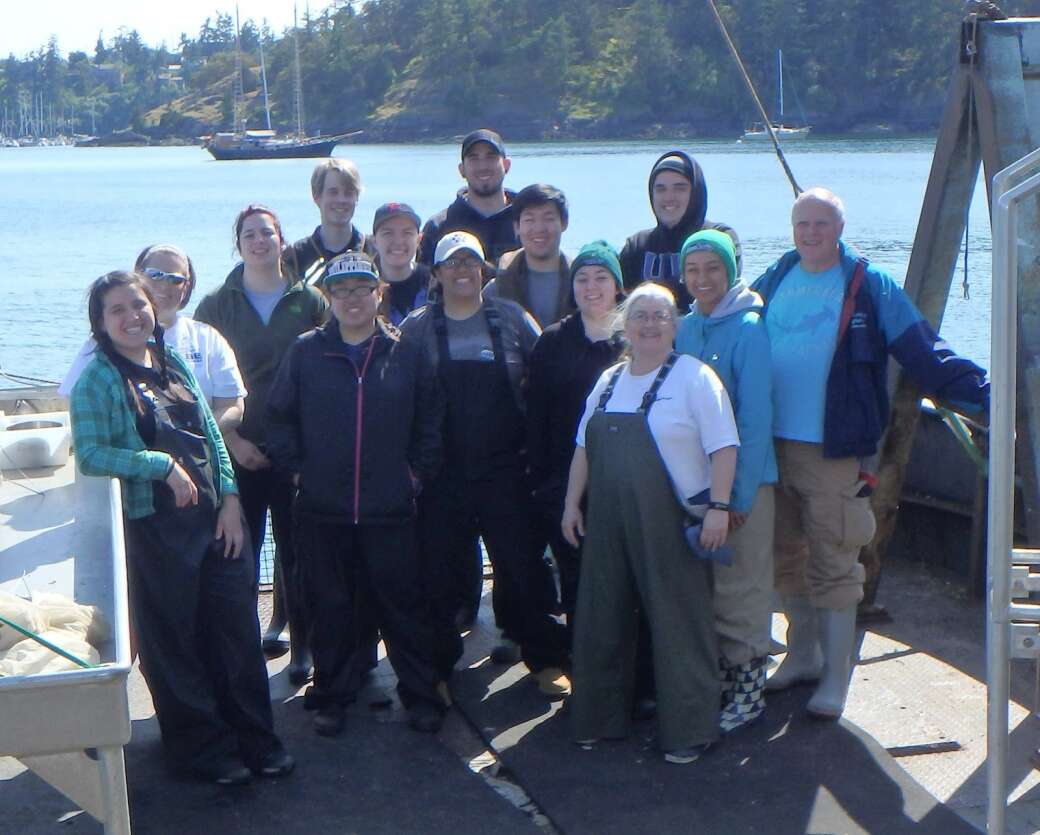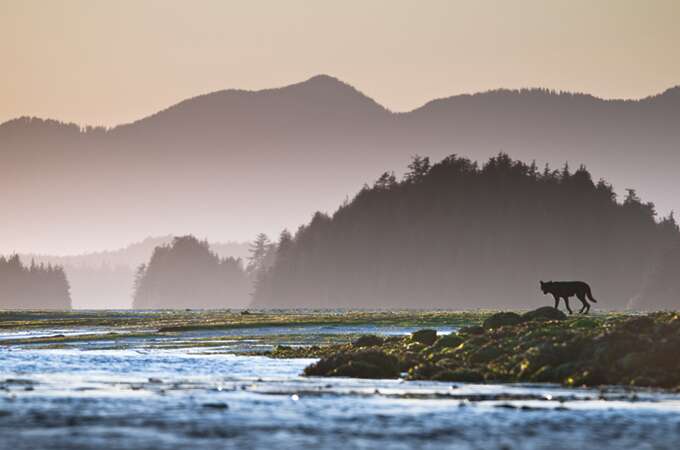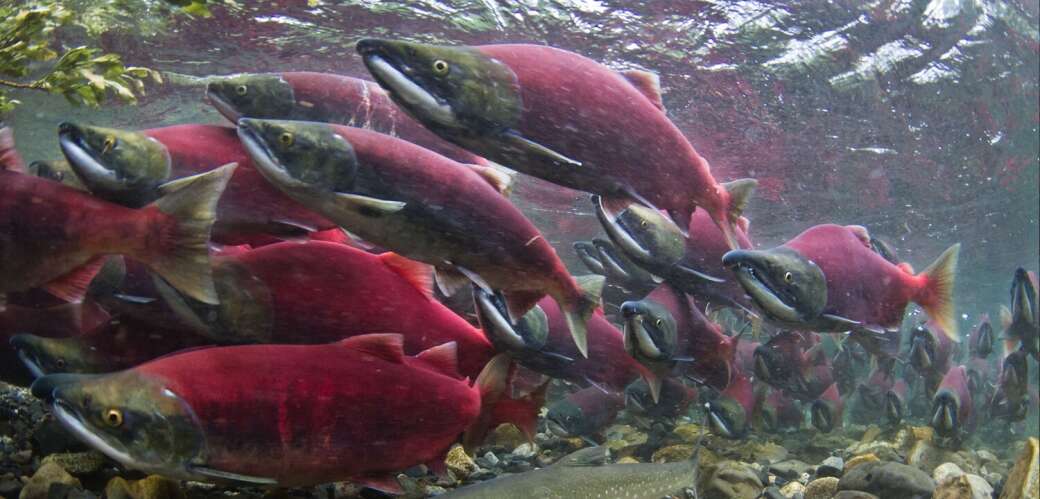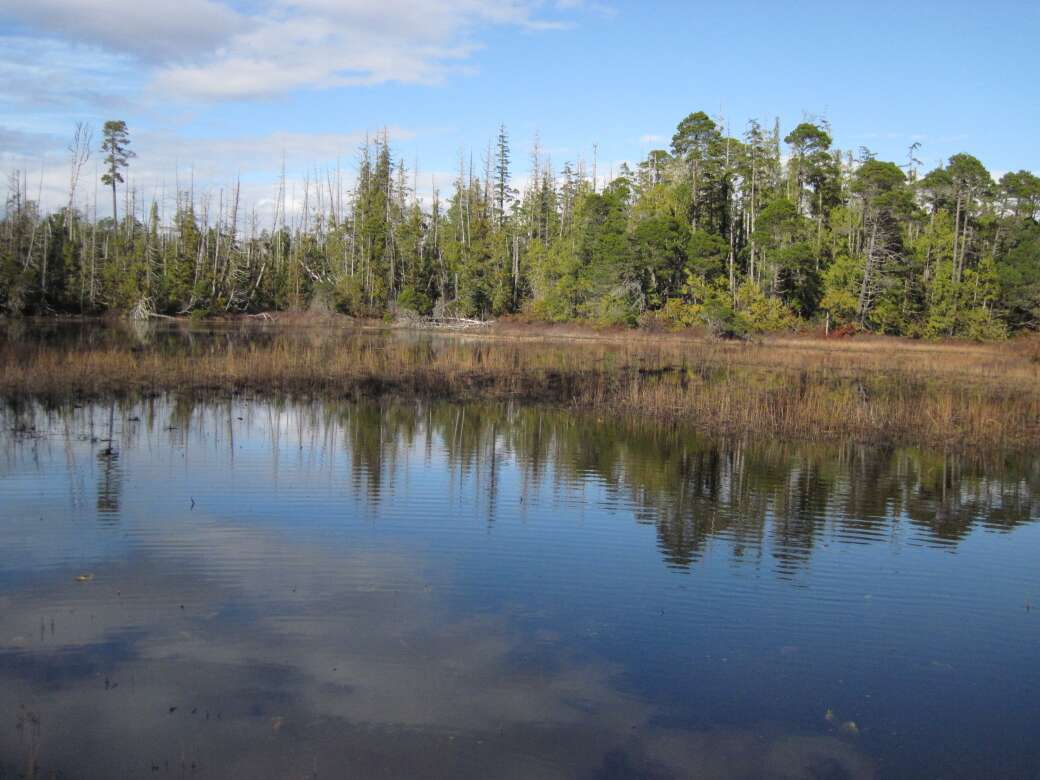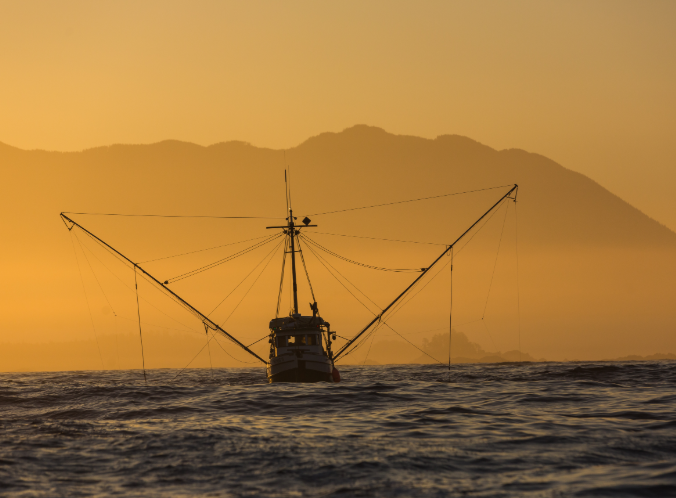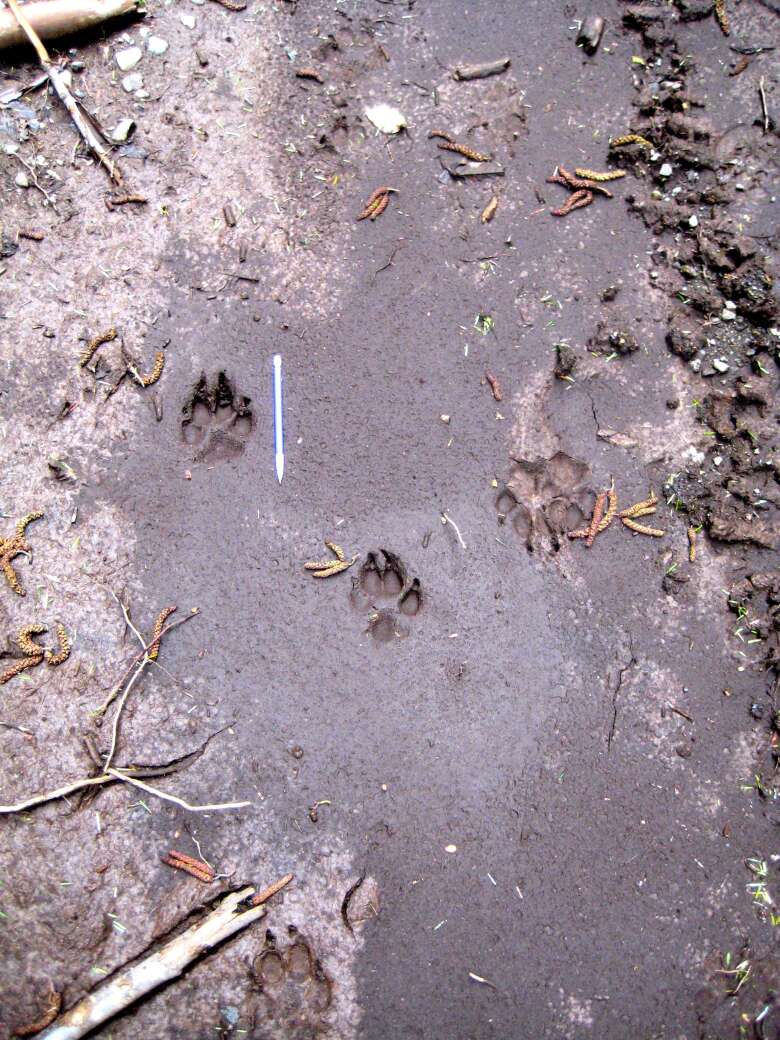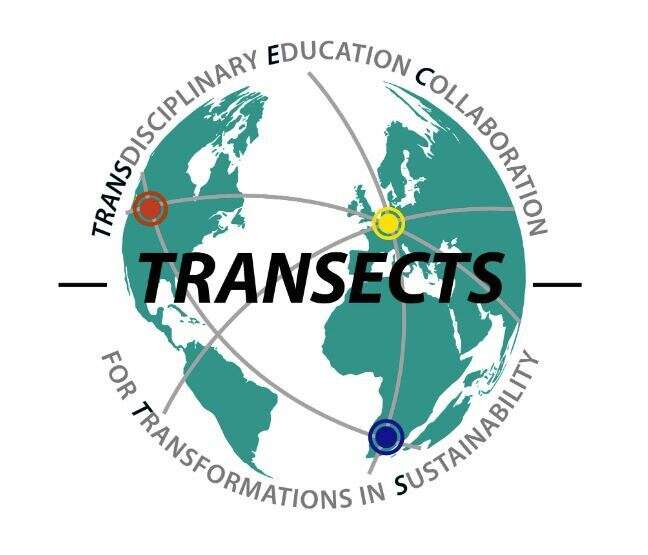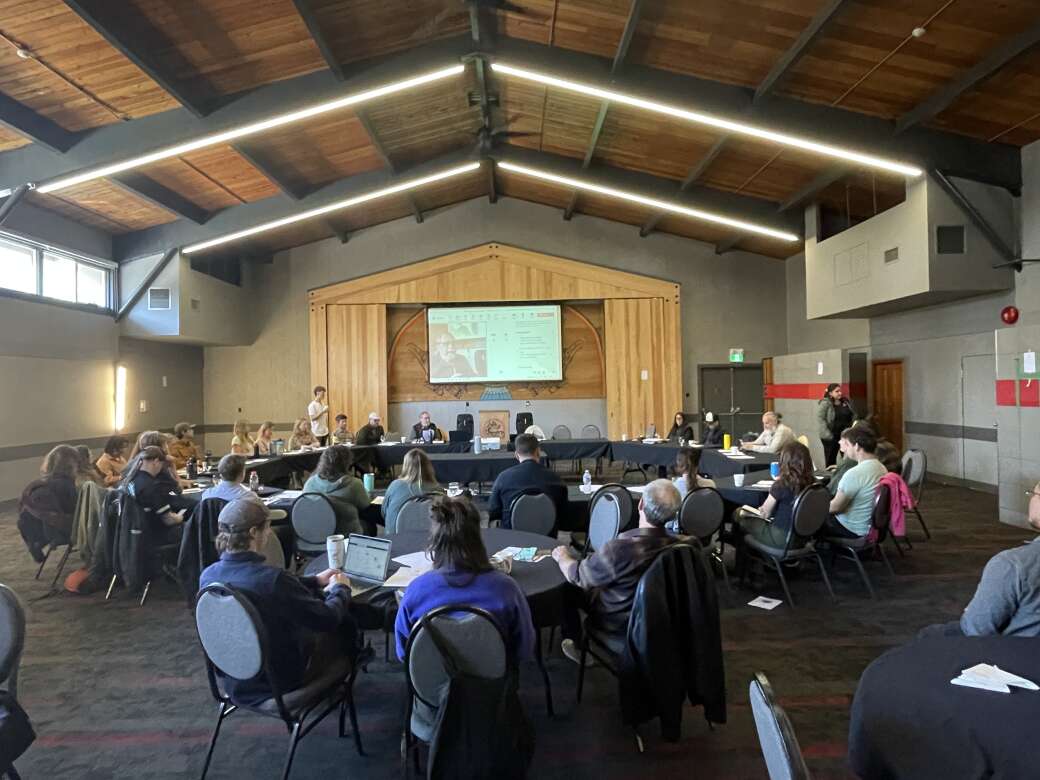
Regional Forum
The CBT hosts regional gatherings in the spring and fall to bring together representatives from First Nations, local governments and organizations involved in environmental research, stewardship, restoration, and sustainable development. Structured as a roundtable, participants build relationships, provide updates about current and future priorities and projects, and learn about opportunities to connect and collaborate.
Find updates about the regional forum in our research blog. To learn more and attend, contact the CBT.
